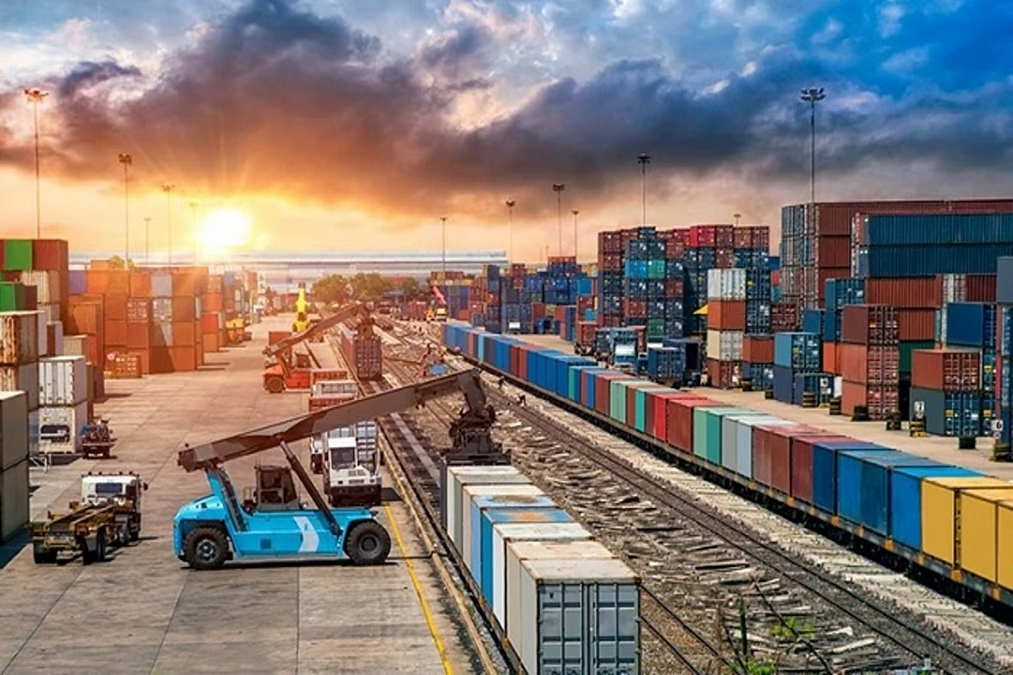The Ministry of Railways has introduced new policy guidelines aimed at enhancing container traffic and improving logistics efficiency across the country. These guidelines pave the way for the establishment of exclusive container rail terminals on Indian Railways land, which will streamline container handling processes and provide a boost to the freight sector.
Under the new rules, an access charge of Rs. 80,000 per train will be levied for movements such as loaded in-empty out, empty in-loaded out, and loaded in-loaded out. Container storage charges will be Rs 35 per twenty-foot equivalent unit (TEU) per day, with fees for forty-foot equivalent units (FEU) set at double the rate. Storage fees will apply once the container arrives for outward movement or after free time for unloading inward consignments expires. If a container remains at the terminal for over 12 days, the storage charges will double.
In a significant change, there will be no free time for stacking containers at these exclusive terminals, although the standard free time for loading, unloading, stuffing, or destuffing containers on container trains will remain at nine hours. Wharfage or ground usage charges will not apply, and existing detention or demurrage charges will continue as per the current guidelines. The policy also allows for hub-and-spoke operations at the terminals, with a five-day period allocated for hubbing activities. Additionally, the Ministry has identified 23 potential locations across India for these exclusive terminals, including sites in Desur, Visakhapatnam, Chinchwad, and Miraj. While these terminals are intended primarily for container traffic, the zones may accommodate other types of freight if necessary, without affecting the container handling capacity. This initiative is part of the government’s broader efforts to modernize the Indian freight sector, improve logistical efficiency, and foster growth in domestic container traffic. By leveraging Indian Railways’ extensive network, the new terminals aim to enhance the competitiveness of India’s logistics and freight ecosystem.


